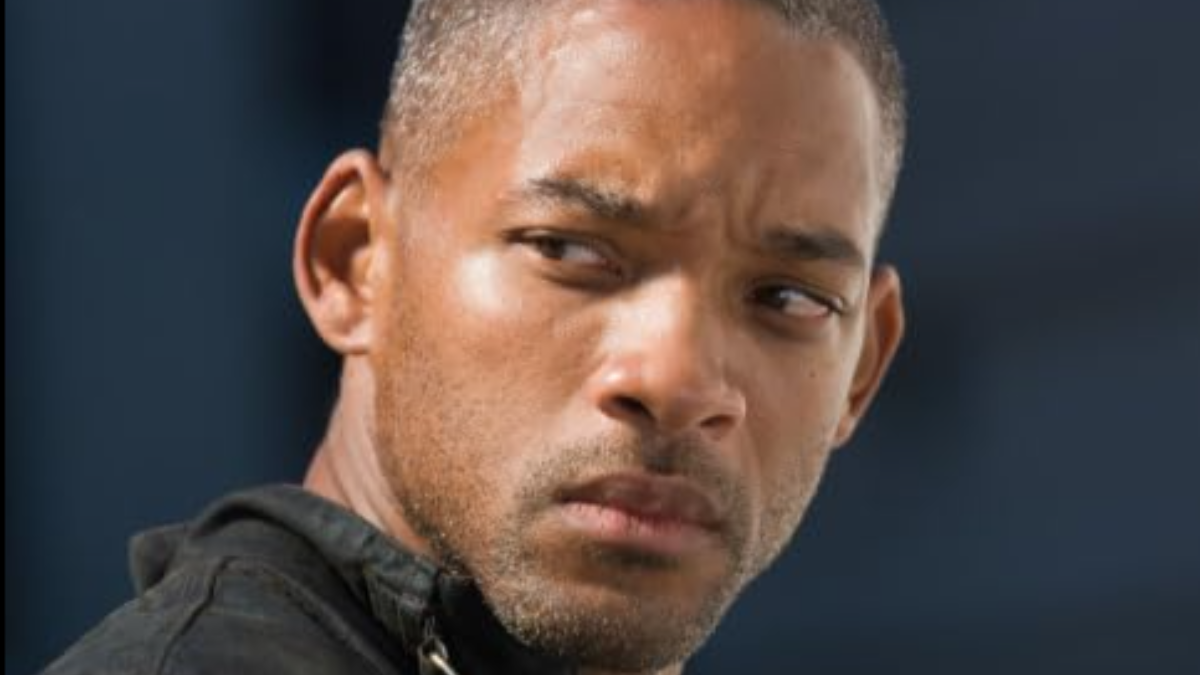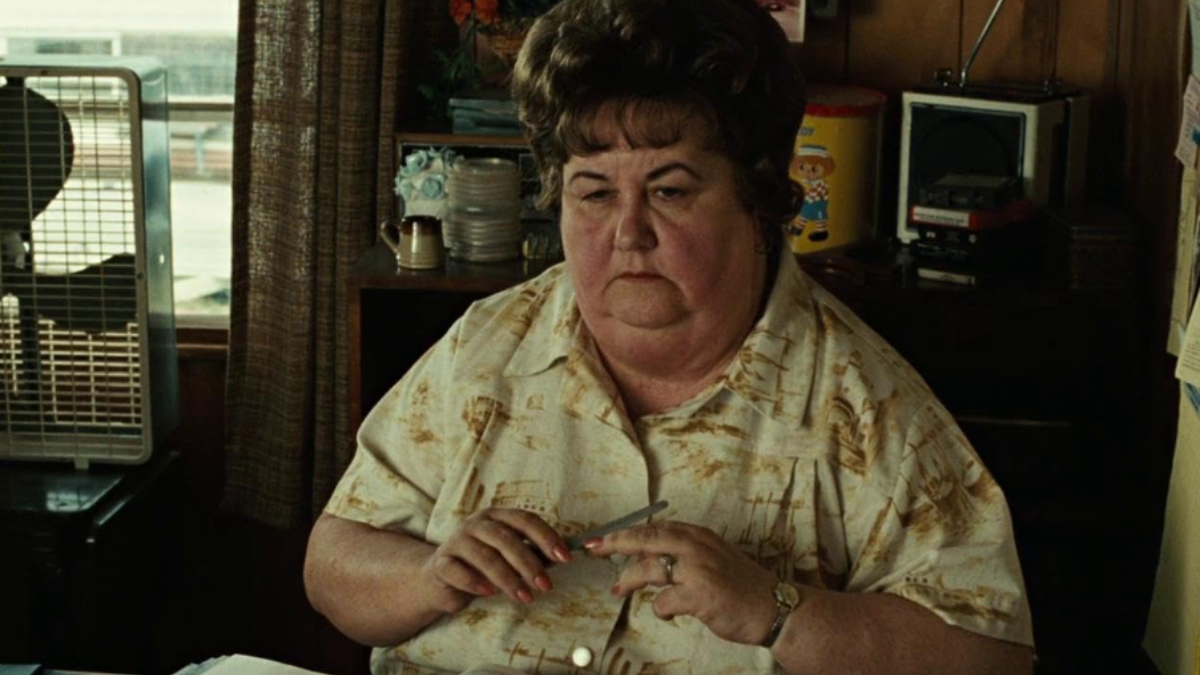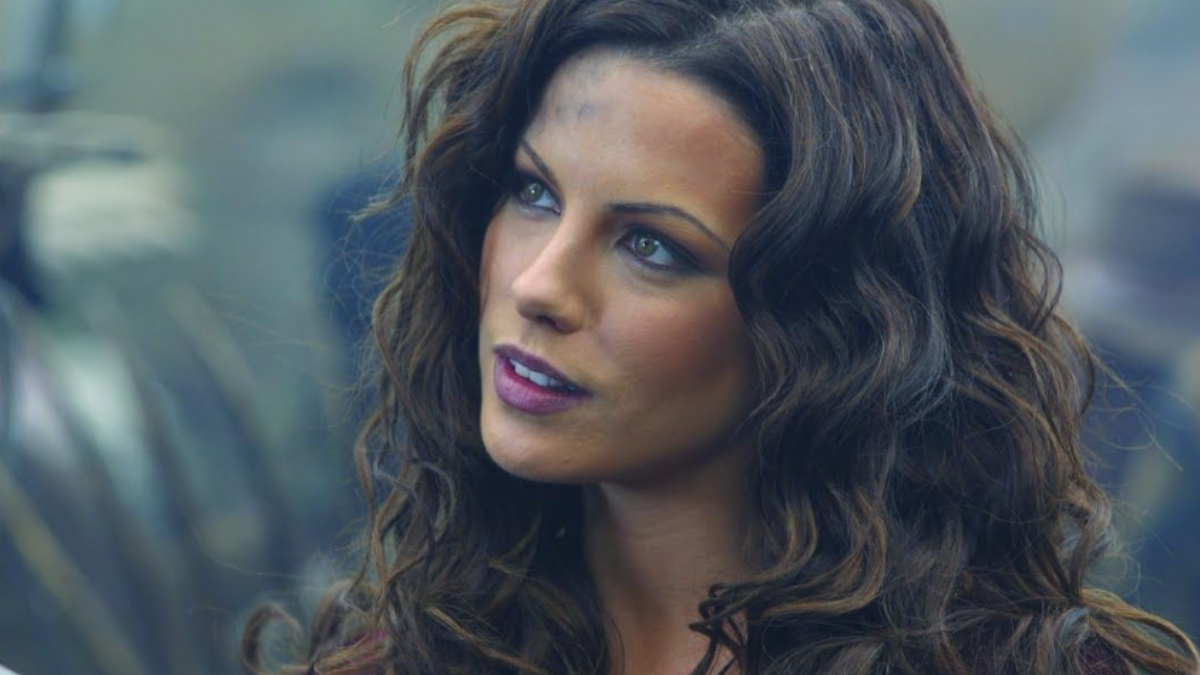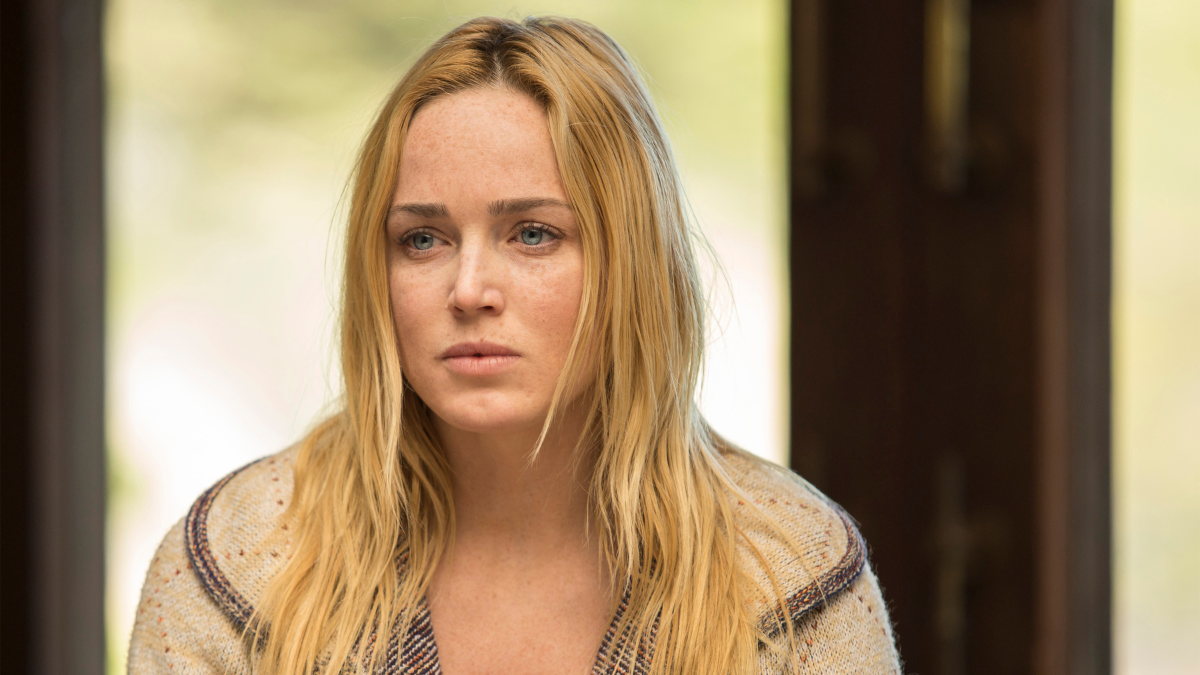There’s nothing quite like the rollercoaster ride of emotions you get from watching a good movie. But sometimes, a movie (and 1 TV show) that has everything going for it can take a nosedive in the final act.
When the ending doesn’t live up to the rest of the film, it can leave a lasting impression of disappointment. In the world of cinema, the final moments are crucial; they’re what you walk away remembering, for better or worse.
Whether it’s a plot twist that feels forced, a conclusion that leaves too many questions unanswered, or a final scene that betrays the characters we’ve grown to care about, some movies just don’t stick the landing.
Warning: spoilers ahead!
1. “I Am Legend” (2007)

This post-apocalyptic thriller captivated audiences with its portrayal of isolation and survival. Will Smith’s character, Robert Neville, is a virologist who believes he is the last human in New York City, if not the world, after a virus turns infected people into vampiric beings. The movie builds on the tension and loneliness of Neville’s existence, offering glimpses of hope and humanity.
However, the film’s conclusion, which deviates significantly from the source material, felt rushed and contradictory. The original ending intended to convey a message about understanding and coexistence, but the theatrical release opted for a more Hollywood-style explosion and heroism that undermined the depth and complexity of the story being told.
2. “The Village” (2004)

Touchstone Pictures.
M. Night Shyamalan’s films are known for their twist endings, but “The Village” serves as a prime example of when a twist can detract from the film’s overall impact. Set in an isolated community that lives in fear of creatures in the surrounding woods, the movie meticulously builds suspense and a sense of mystery about the nature of the village and its inhabitants.
The revelation that the village is actually located in the modern world, and the monsters are fabrications to keep the people from leaving, aimed to shock but instead felt like a betrayal to many viewers. This twist not only deflated the built-up tension but also left many feeling the storyline was implausible and disconnected from the engaging, historical atmosphere it initially promised.
3. “Remember Me” (2010)

Summit Entertainment.
A romantic drama starring Robert Pattinson, “Remember Me” is centered around the themes of love, loss, and redemption. The film explores the complex relationships between family members and lovers, drawing viewers into a deeply emotional narrative.
However, the ending takes a sudden and controversial turn by connecting the protagonist’s fate to the September 11 attacks. This abrupt shift was criticized for feeling unnecessary and exploitative, overshadowing the personal stories of growth and connection that had unfolded, turning a poignant drama into a moment of historical tragedy without much narrative preparation.
4. “War of the Worlds” (2005)

Steven Spielberg’s adaptation of H.G. Wells’ classic novel is a thrilling exploration of an alien invasion through the eyes of one family fighting for survival. The film excels in creating an intense atmosphere of dread and chaos, with stunning visual effects and a focus on the human struggle amidst catastrophe.
However, the film’s conclusion, where the surviving family members find each other in a nearly untouched Boston and the sudden death of the aliens due to Earth’s bacteria, felt overly convenient and unsatisfying. The ending seemed to contradict the film’s otherwise grim tone, offering a neat resolution that didn’t match the story’s complexity and the seemingly insurmountable challenges faced by the characters.
5. “How I Met Your Mother” (TV Series, 2005-2014)

Although not a movie, the ending of this beloved television series disappointed many fans enough to warrant inclusion. Over nine seasons, viewers were invested in the story of how Ted Mosby met the mother of his children, with numerous twists, turns, and character developments.
The final twist, revealing the mother’s death and Ted’s lingering feelings for Robin, felt to many fans like a betrayal of the character arcs and relationships that had been carefully constructed over the years. The ending was seen as undermining the emotional investment audiences had made, prioritizing a planned conclusion over the narrative and character growth that occurred throughout the series.
6. “Signs” (2002)

Directed by M. Night Shyamalan, “Signs” is a science fiction thriller that delves into the lives of a family finding mysterious crop circles in their fields, hinting at extraterrestrial activities. The film is praised for its build-up of suspense and its focus on family dynamics in the face of unknown threats.
However, the climax reveals that the aliens are vulnerable to water, a twist that many found hard to swallow. Considering that Earth is covered in water and frequently experiences rainfall, this revelation seemed illogical to viewers, undermining the otherwise tense and atmospheric narrative crafted throughout the movie.
7. “Source Code” (2011)

This sci-fi thriller captivates with its unique premise, where a soldier repeatedly relives the last eight minutes of another person’s life to prevent a terrorist attack. The film weaves a complex narrative, exploring themes of fate, time travel, and alternate realities. Yet, the ending, which opts for a more traditional ‘happy’ conclusion, felt out of sync with the film’s intricate setup.
The decision to allow the protagonist to continue living in an alternate reality where the attack is prevented and he assumes another man’s identity, while emotionally satisfying, raises numerous ethical and logical questions that the film does not address, leaving a bittersweet aftertaste.
8. “Hancock” (2008)

This superhero film starring Will Smith as a reluctant and misunderstood hero offers a fresh take on the genre, focusing on a protagonist with both superhuman abilities and deeply human flaws. The first half of the film is engaging, portraying Hancock’s struggle with his identity and public perception.
However, the latter part introduces a twist involving ancient gods and immortality that feels disjointed from the initial premise. This sudden shift in narrative focus dilutes the character study that made the film compelling, resulting in an ending that seems disconnected from the story’s original appeal.
9. “The Matrix Revolutions” (2003)

As the final installment of the Matrix trilogy, this film had the monumental task of concluding the expansive narrative and thematic elements introduced in its predecessors. While it delivers on action and special effects, the ending, which involves Neo’s sacrifice and a vague truce between humans and machines, left many viewers unsatisfied.
The resolution appears too simplistic for the series’ complex philosophical underpinnings and doesn’t fully address the fate of the Matrix and its inhabitants. The ambiguity surrounding the series’ conclusion has been a point of contention among fans, muddling the legacy of what began as a groundbreaking sci-fi saga.
10. “Indiana Jones and the Kingdom of the Crystal Skull” (2008)

Paramount Pictures.
Returning after a long hiatus, this installment aimed to recapture the magic of the Indiana Jones series but instead left many fans disappointed. The film incorporates elements of classic adventure but diverges into controversial territory with its inclusion of aliens and interdimensional beings.
The climax, revealing that the crystal skull belongs to aliens and their ship’s departure from Earth, felt like a departure from the series’ roots in historical mystique and grounded adventure. This alien twist not only confounded audiences but also seemed to undermine the archaeological lore that is central to the franchise’s charm.
11. “No Country for Old Men” (2007)

This critically acclaimed film, known for its tense storytelling and deep philosophical themes, follows the violent chain of events triggered by a drug deal gone wrong. However, the ending, which abruptly shifts focus to Sheriff Bell’s reflection on dreams and his feeling of being outmatched by modern crime, left many viewers puzzled.
While the film’s conclusion is thematically rich, offering a contemplative take on aging, morality, and evil, it has been criticized for not providing a traditional closure to the gripping cat-and-mouse chase that dominates the narrative. This deliberate choice by the Coen brothers, while artistically defendable, has been a point of contention among audiences expecting a more conventional resolution.
12. “Gone Girl” (2014)

Directed by David Fincher, this psychological thriller captivates with its examination of media influence and the complexities of marriage. However, the film’s ending, which sees the protagonist Nick Dunne deciding to stay with his manipulative wife Amy for the sake of their unborn child, sparked debate.
Some viewers found the conclusion frustrating, as it seemingly undermines the film’s critique of toxic relationships by allowing the cycle of manipulation and deceit to continue unchecked. This ending challenges the audience’s desire for justice or redemption, leaving a lingering sense of unease and dissatisfaction.
12 Movies That Are Just Plain Awful, But We Love Them Anyway

It’s OK to like bad movies. You don’t need to defend your choices or agree with what the critics say. Movies are subjective, after all! To make you feel better about your questionable favorites we gathered up some movies that are just plain awful, but we love anyway.
12 Movies That Are Just Plain Awful, But We Love Them Anyway
12 TV Shows That Are Often Called “The Best TV Show Ever”

This is such a subjective topic. While I’d love to share my thoughts on the best TV show ever, I thought it would be better to scour the internet to find out what, in your opinion, is the best show ever from a variety of fans.
These are the top 12 that came up most often or have the most upvotes. I’ve gotta say, I don’t find this list incredibly shocking – these are some really great TV shows!

